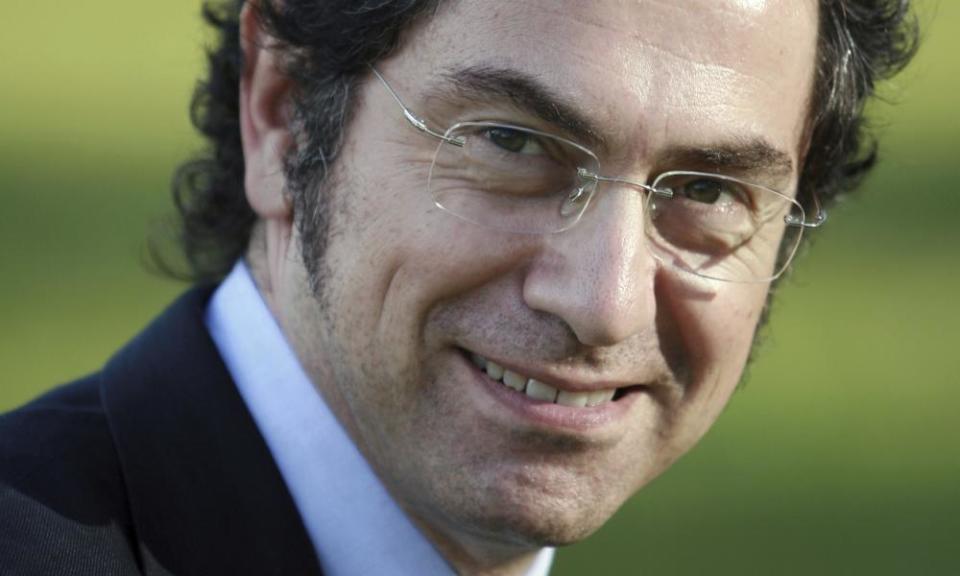Free speech in Turkey dealt fresh blow with sale of independent media outlets

The owner of the largest independent media outlets in Turkey that still permit criticism of the president, Recep Tayyip Erdoğan, have announced it is in talks to sell them to a pro-government business conglomerate in what would amount to another blow to free speech in the country.
Doğan Holding, which owns the widely read Hürriyet newspaper, Doğan news agency and the CNN Turk television channel, said it had started talks with Demirören Holding to sell its media arm for an estimated $890m (£631m). A Demirören official confirmed to Reuters that the group intended to buy Doğan’s media division.
“With this huge takeover, including Hürriyet, Turkish mass media industry comes under the direct political control of President Erdoğan,” tweeted Kadri Gürsel, a veteran journalist who was recently released from prison pending trial over his work.

Demirören Holding is owned by Erdoğan Demirören, a businessman who was once reduced to weeping in a phone call with the Turkish president when the latter called to chastise him over his newspaper’s publication of secret meeting minutes between government representatives and Kurdish militants, according to a leaked recording of the conversation.
The owner of Doğan Holding is Aydin Doğan, a symbol of Turkey’s secular establishment that has been swept out of power by Erdoğan’s Islamist-leaning ruling party, the AKP. Doğan’s media outlets are among an extremely small pool of independents within the country that dare to criticise the president and his policies.
Even those critiques have been tempered in recent years. Doğan Media was fined $2.5bn (£1.77bn) in 2009 over alleged tax irregularities in a measure widely seen by the government’s opponents as punishment for critical coverage.
Rights groups have condemned the crackdown on the free press in Turkey, which is now the world’s biggest jailer of journalists. Prominent journalists have sentenced to life in prison over alleged involvement in a coup attempt in 2016, charges that have been ridiculed by observers, while several trials of journalists critical of the government continue.
The government in Turkey has used various methods to curtail free speech. In addition to prosecuting and imprisoning journalists, authorities have occasionally taken over rival media outlets citing administrative irregularities and have staffed their boards with government loyalists.
Businesspeople who own TV stations and newspapers often self-censor their outlets for fear of losing contracts in other parts of their business, and pro-government tycoons have sometimes purchased media outlets and turned them into loyalist publications.
Doğan Holding previously sold the once-widely read Milliyet newspaper to Demirören Holding, a sale that later resulted in a strongly pro-government slant to the publication’s coverage.
Cumhuriyet, the last major mainstream opposition newspaper, has been threatened with a trustee board takeover and had a dozen of its employees imprisoned, only for most to be released after more than a year in prison due to lack of evidence.

 Yahoo News
Yahoo News 
